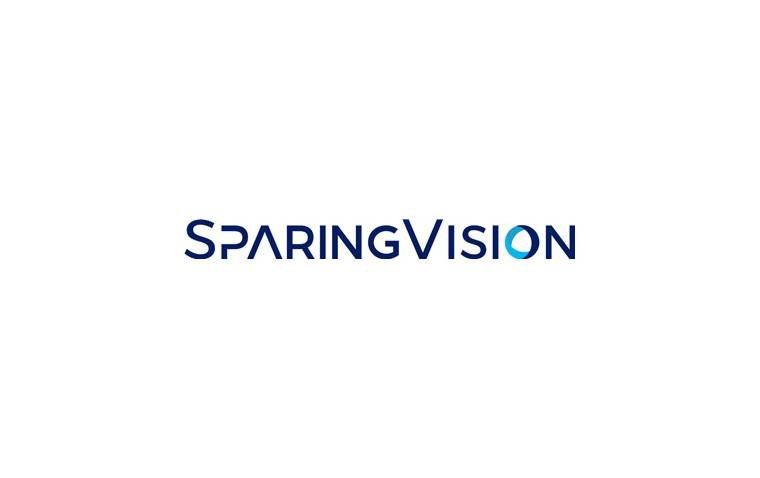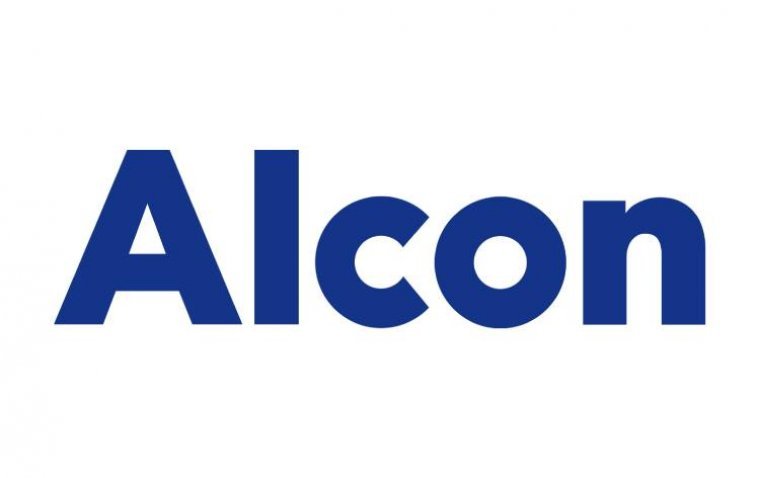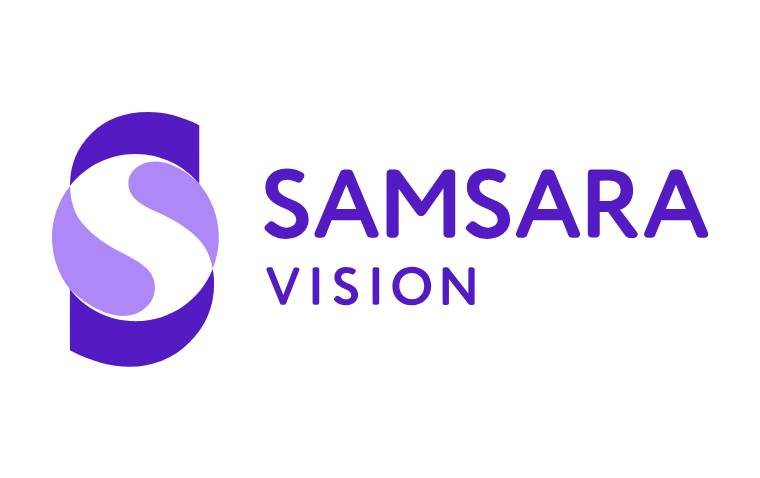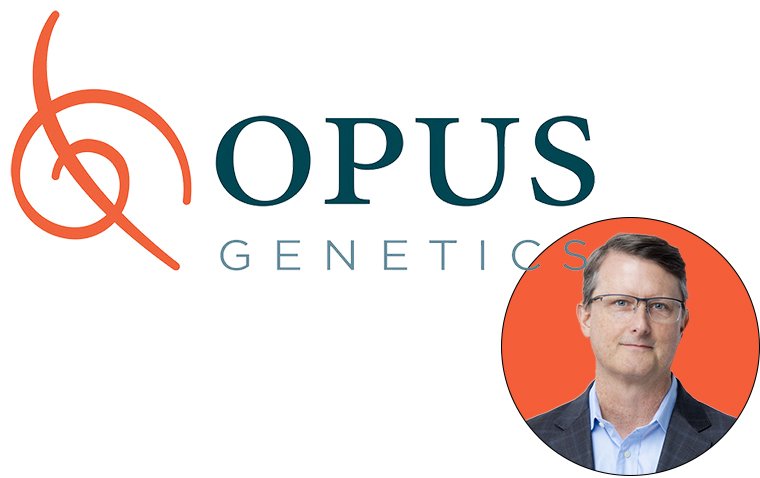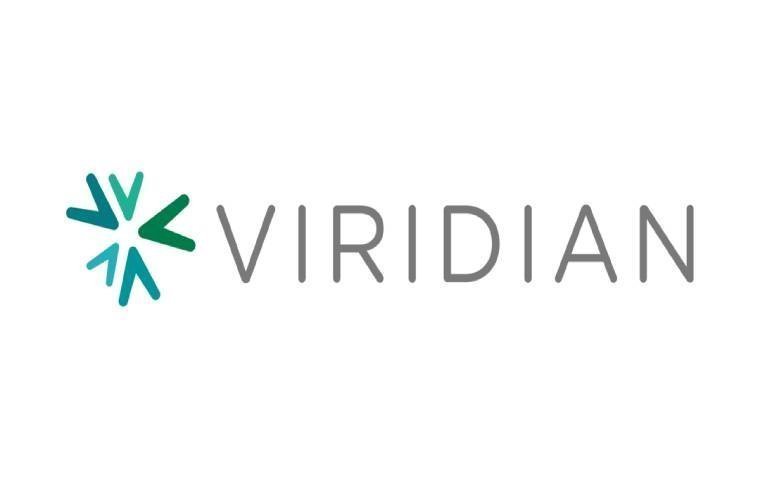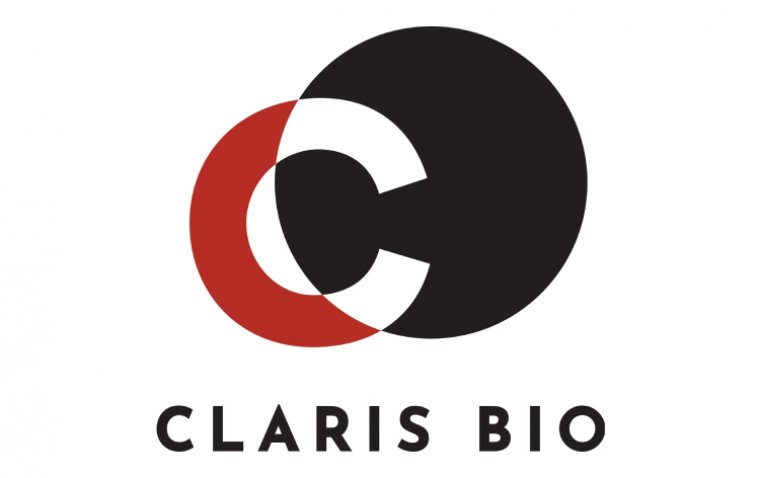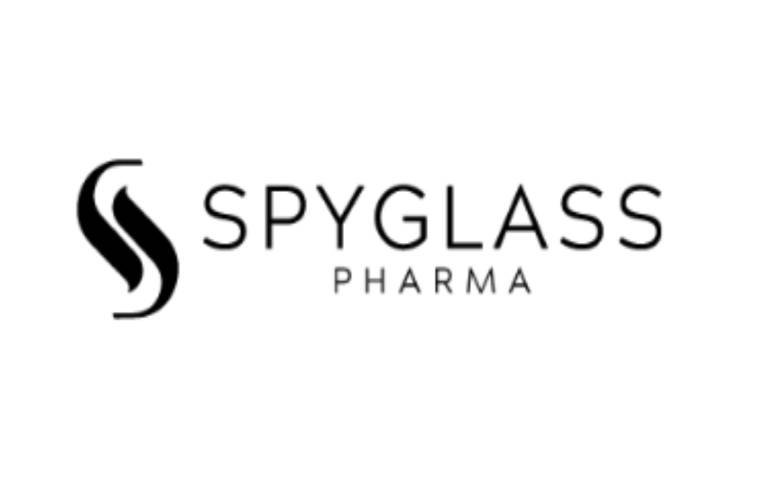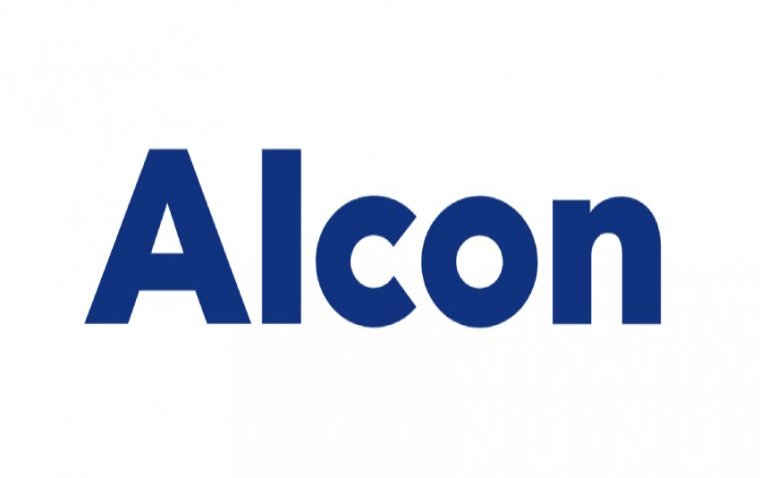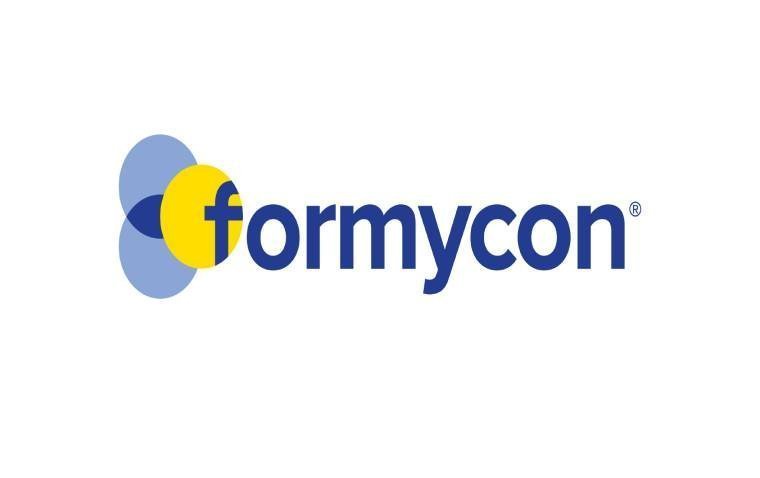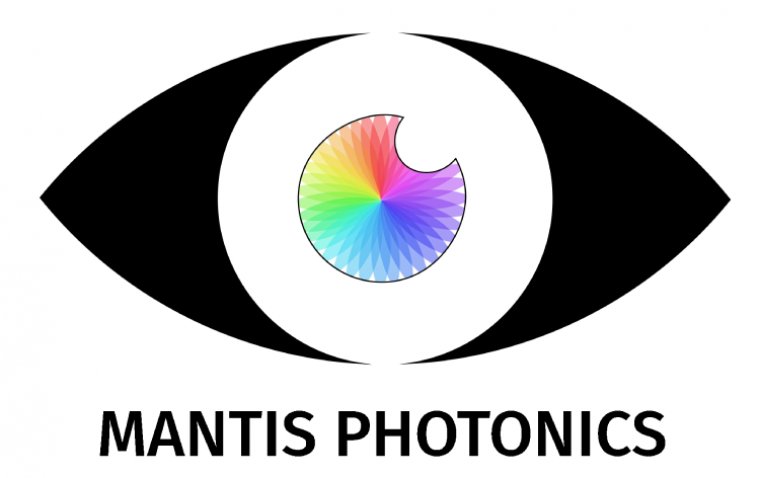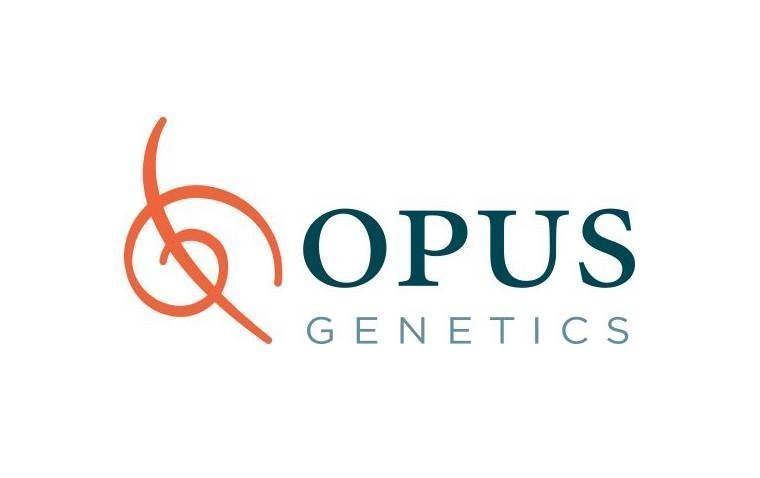
Opus Genetics’ Phase 3 LYNX-2 Trial Meets Primary Endpoint for Night Vision Impairment in Keratorefractive Patients
Opus Genetics has announced positive topline results from its Phase 3 LYNX-2 clinical trial, evaluating phentolamine ophthalmic solution 0.75% for the treatment of chronic night vision disturbances in patients with a history of keratorefractive surgery. The study met its primary endpoint and demonstrated both functional and patient-reported benefits.
Addressing Post-Surgical Night Vision Disturbances
Patients who undergo keratorefractive procedures—including LASIK, PRK, SMILE, and RK—often experience visual disturbances such as glare, halos, and starbursts, particularly in low-light (mesopic) conditions. These symptoms, caused by optical aberrations and light scatter, can impair night driving and daily visual function.
Phentolamine ophthalmic solution 0.75% is formulated to reduce pupil diameter through a sympatholytic mechanism of action that avoids activating the ciliary muscle, thereby minimizing potential complications like retinal tears or detachment associated with older parasympathomimetic agents.
Primary Endpoint Achieved: Statistically Significant Visual Gains
The LYNX-2 trial, conducted under a Special Protocol Assessment (SPA) agreement with the FDA, enrolled 199 patients with documented post-surgical visual disturbances under mesopic low contrast conditions. Participants were randomized to receive phentolamine or placebo, self-administered nightly in both eyes over a six-week period.
Key Efficacy Results:
• 17.3% of patients treated with phentolamine achieved a ≥15-letter gain (≥3 lines) in Mesopic Low Contrast Distance Visual Acuity (mLCVA) by Day 15, compared to 9.2% in the placebo group (P<0.05).
• Patient-reported outcomes using the Vision and Night Driving Questionnaire (VND-Q) showed significant improvements in:
• Difficulty seeing due to oncoming headlights
• Difficulty seeing due to glare at dawn or dusk (P<0.05)
“In LYNX-2, phentolamine ophthalmic solution 0.75% delivered a statistically significant primary endpoint,” said George Magrath, MD, CEO of Opus Genetics.
“This data builds on earlier results from the LYNX-1 trial and provides evidence of efficacy for this condition, which currently has no FDA-approved therapies.”
Clinical Relevance and First-in-Class Potential
“The positive results from the LYNX-2 trial reinforce the potential of phentolamine ophthalmic solution 0.75% as a first-in-class therapy,” said Jay Pepose, MD, PhD, Chief Medical Advisor at Opus Genetics.
“After just 15 days of treatment, 17% of patients with dysphotopsia following keratorefractive surgery achieved at least 15-letter gain in mesopic low contrast distance vision. Importantly, we also saw functional improvements in difficulty of seeing the road because of oncoming headlights; and difficulty seeing due to glare when driving at dawn or dusk, as reported by patients in the trial.”
No new safety signals were identified in the study, and the safety profile remained consistent with prior trials. Additionally, no evidence of tachyphylaxis was observed through Week 6.
Ongoing Safety Monitoring and Commercial Development
Patients in the LYNX-2 study will continue to be monitored for long-term safety over 48 weeks. More details on the study are available at ClinicalTrials.gov (NCT06349759).
Opus Genetics has a global licensing agreement with Viatris, which grants Viatris exclusive commercialization rights for phentolamine ophthalmic solution 0.75% in the U.S.
(1).jpg)
